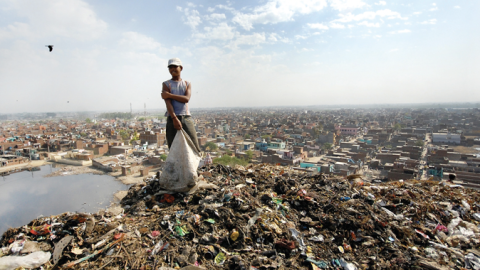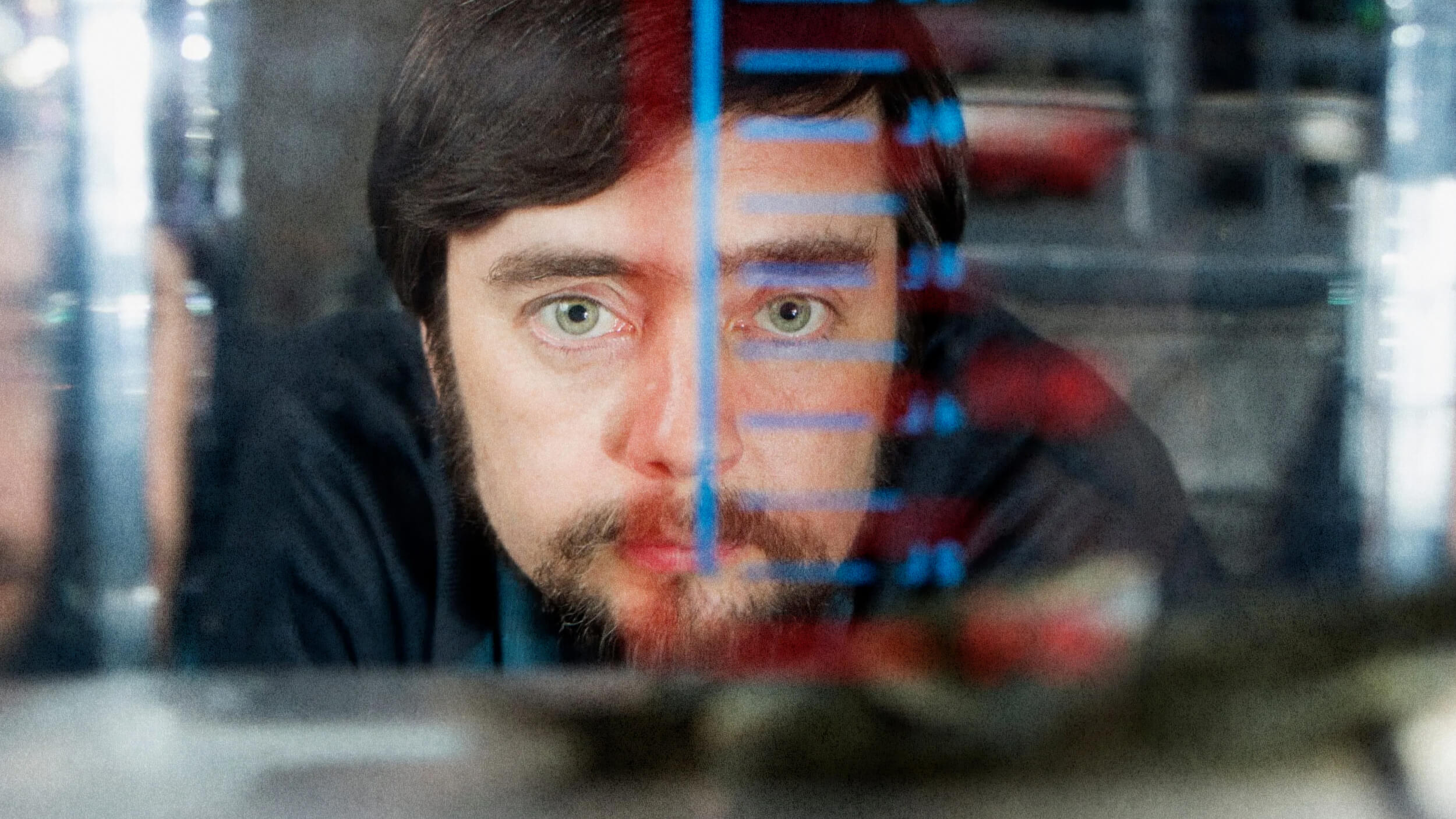Wealth From Waste: How “The First Ethical” 3D Printer Filament Empowers The Lowest Class In India

The size of the global 3D printing market, including 3D printer sales, materials and associated services, is predicted to reach $16.2 billion by 2018, a growth by over 500 percent. This means that the demand for plastic (the main material used for 3D printing filament) will also continue to grow rapidly. At the consumer level alone, as much as 1.5 million kilos of filament could be sold per annum by the end of 2014. The issue of where this plastic comes from is serious enough to motivate the launching of the Ethical Filament Foundation, which aims to brand an ethical filament production standard and develop a certification process.
An “ethical” filament is produced on a fair-trade basis, from recycled waste. In India alone, 12.5 million tons of plastic is consumed annually, most of which ends up in landfills. “Recycling” is done by two million waste pickers (15 million worldwide), who spend each day on the landfills, sifting through the garbage and separating the plastic from the organic waste. At the end of the day, they sell what they’ve collected to scrap dealers who often pay them less than $1 a day, which makes breaking the cycle of poverty impossible.
Protoprint, an Indian social enterprise based in Pune, aims to bridge the gap between cutting edge technology, grassroots recycling, and social responsibility. Sidhant Pai, CEO of the company and an MIT graduate, who was born and raised in Pune, explains:
During my sophomore summer, I was looking into grassroots recycling technology to move waste pickers higher up the value chain. At the same time, my father was playing around with the idea of building a 3D printer. As we were talking one day, it struck us that the filament used by FDM printers was fairly simple to extrude. We started looking into designing low-cost extrusion machines.
Protoprint provides waste pickers in urban India the technology to produce prime, competitive, ethically sourced filament fillers for 3D printers from waste plastic they collect. The company partners with waste picker cooperatives (such as SWaCH), sets up filament labs at dump sites, and trains waste pickers at the sites to use low cost technology to scan, clean, shred and extrude the plastic into 3D printer filament. The work not only enables waste pickers to earn over 15 times more for the same amount of plastic, but also helps them develop new skills and entrepreneurial thinking, empowering them both socially and financially.
And this is not all. At the local level, Protoprint is providing academic institutions in India with low-cost filament and also helps them set up affordable 3D printing facilities for their students and professionals in order to increase the adoption of 3D printing into the curriculum.
Watch how Protoprint works:





